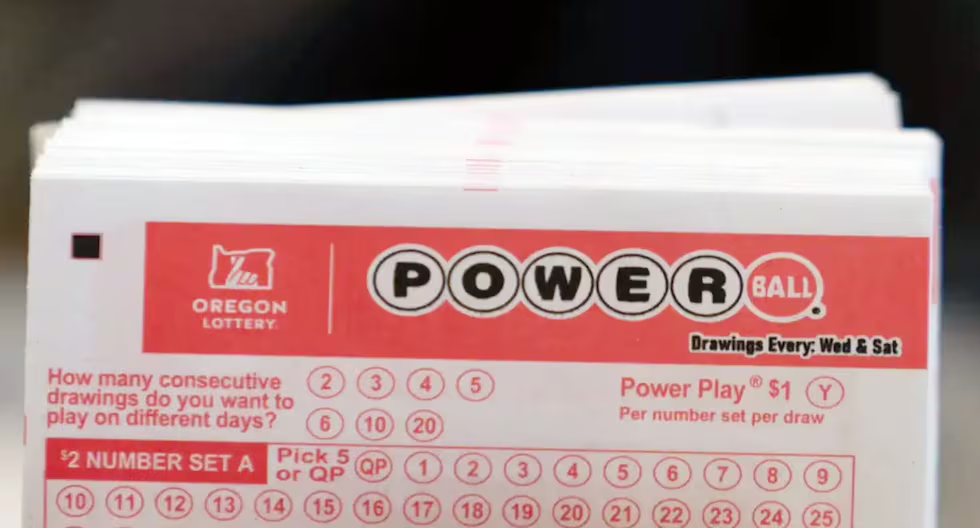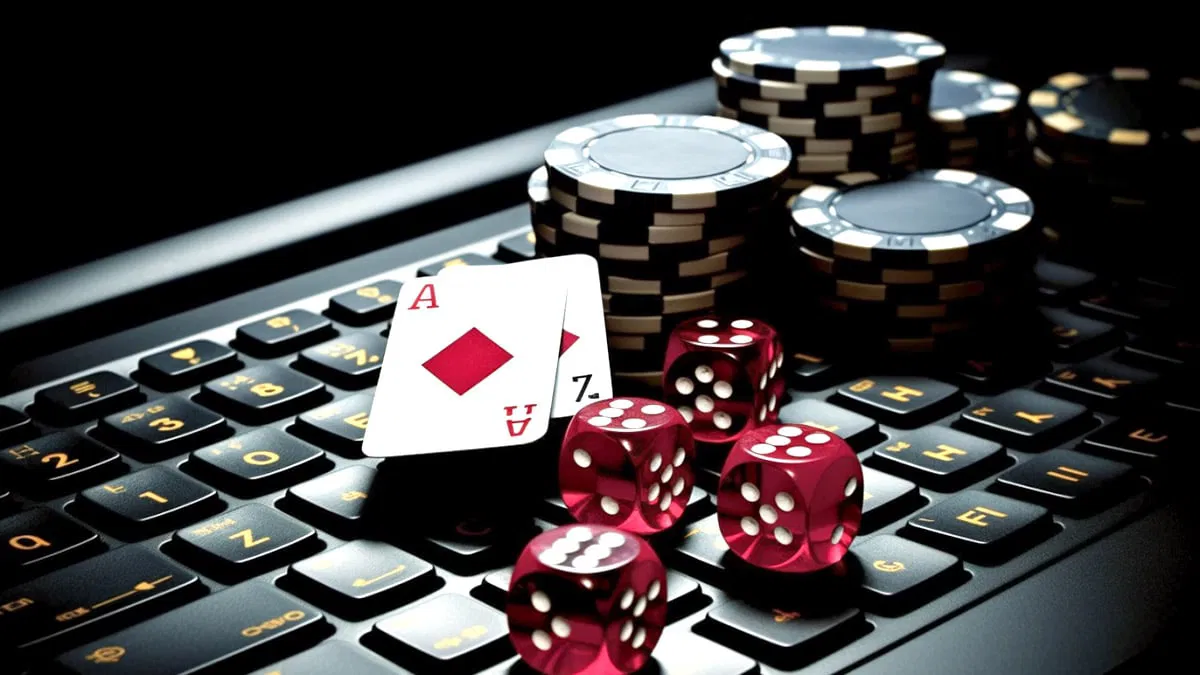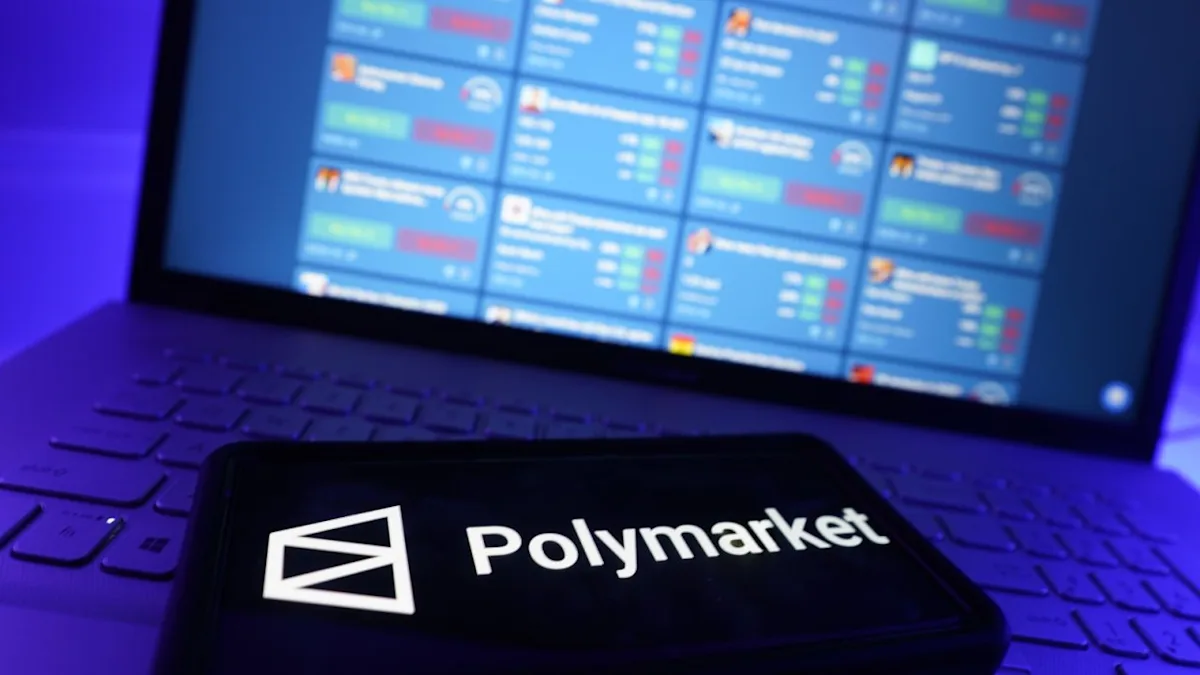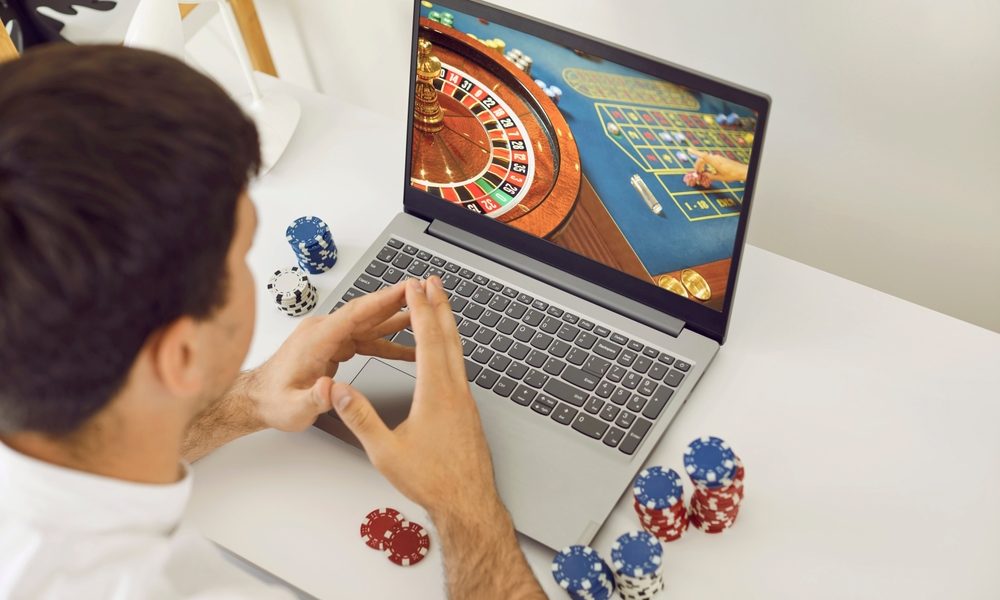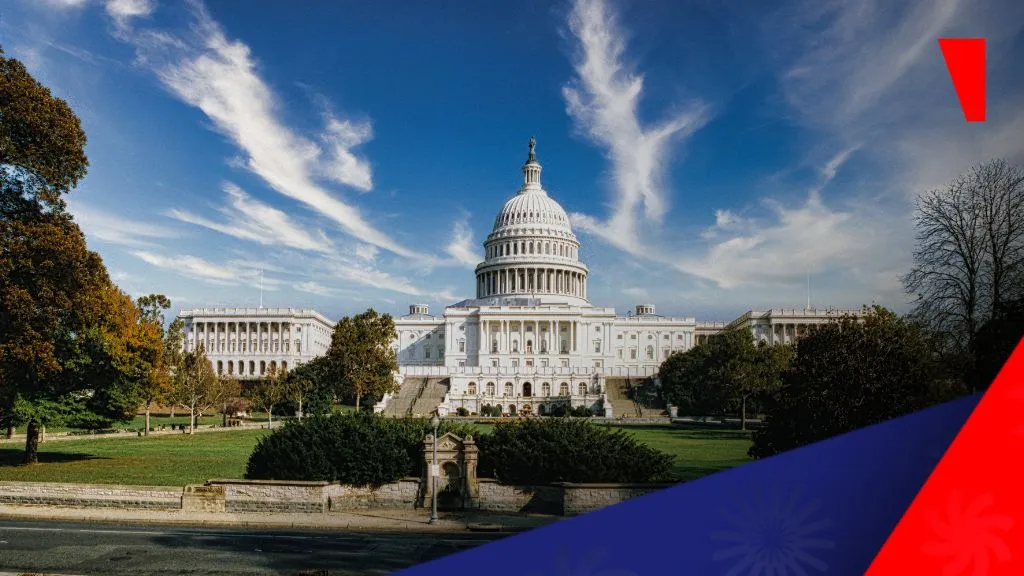Serious worries about addiction, financial ruin, and the disproportionate impact on minorities and youth are raised as Maryland considers legalizing iGaming. According to data, iGaming might make illegal gambling markets worse rather than better.
In recent weeks, The Baltimore Sun’s editorial pages have seen a lot of back and forth on internet gambling, sometimes known as iGaming. Online gambling transforms your smartphone into a casino, allowing you to play games and wager with real money at any time from the comfort of your own home.
In a recent blog, Jeff Ifrah, an iGaming industry analyst, claims that resistance to casino gambling on smartphones is “shortsighted.” He also stated that the National Association Against iGaming’s statements about the severe personal, social, and economic consequences of online casino gaming are completely unfounded. As a steward of Maryland’s economy and an advocate for its inhabitants, I am deeply concerned about allowing iGaming in Maryland and recognize that it poses a severe danger.
ALSO READ: Nebraska Casinos Reported $21.1 Million in Revenue in April
What is genuinely “shortsighted” is the risk of entangling our citizens—particularly youth, young adults, and members of underrepresented groups—in the debilitating addiction and financial devastation that iGaming causes. 72% of college students in Connecticut, where iGaming is permitted, reported having gambled, according to a University of Connecticut research study conducted in April 2025. The prevalence of “serious problem gambling” among college students in the state was more than four times higher than the national average. “iGaming will cause severe public health, mental health, financial, and other problems in African American communities,” according to a January 2025 report by Morgan State University.
These include ties to despair, anxiety, and even suicidal thoughts and actions, as well as food insecurity and housing instability.
The claim that legalizing iGaming will reduce or eradicate the illicit market is also unfounded. The reverse is true, as demonstrated by several studies and common sense. The illegal market grows when iGaming is made legal. The public is desensitized to gaming by constant advertisements for regulated internet gambling, which also facilitates consumer confusion for illicit operations.
Courtesy: https://igamingexpert.com/, https://www.igbnorthamerica.com/, https://gamingamerica.com/news/


